A joyful arrival is on the horizon!
Mum can already feel the first kicks in her tummy and Dad is eager to know the baby's sex, while Grandma cannot wait to spoil the baby and Grandpa is bursting with pride. As you may have guessed, the family is preparing for a happy event this summer. That means the young, future parents are overwhelmed with questions to which they need answers so that they can make the necessary preparations.
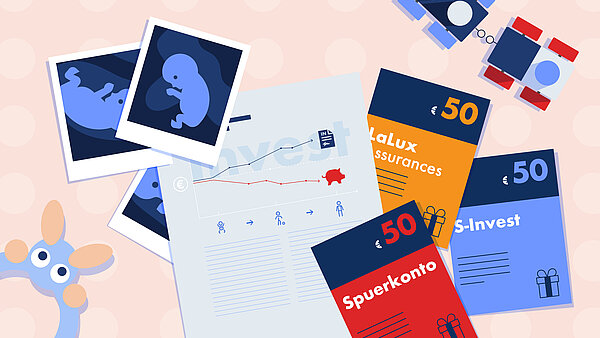
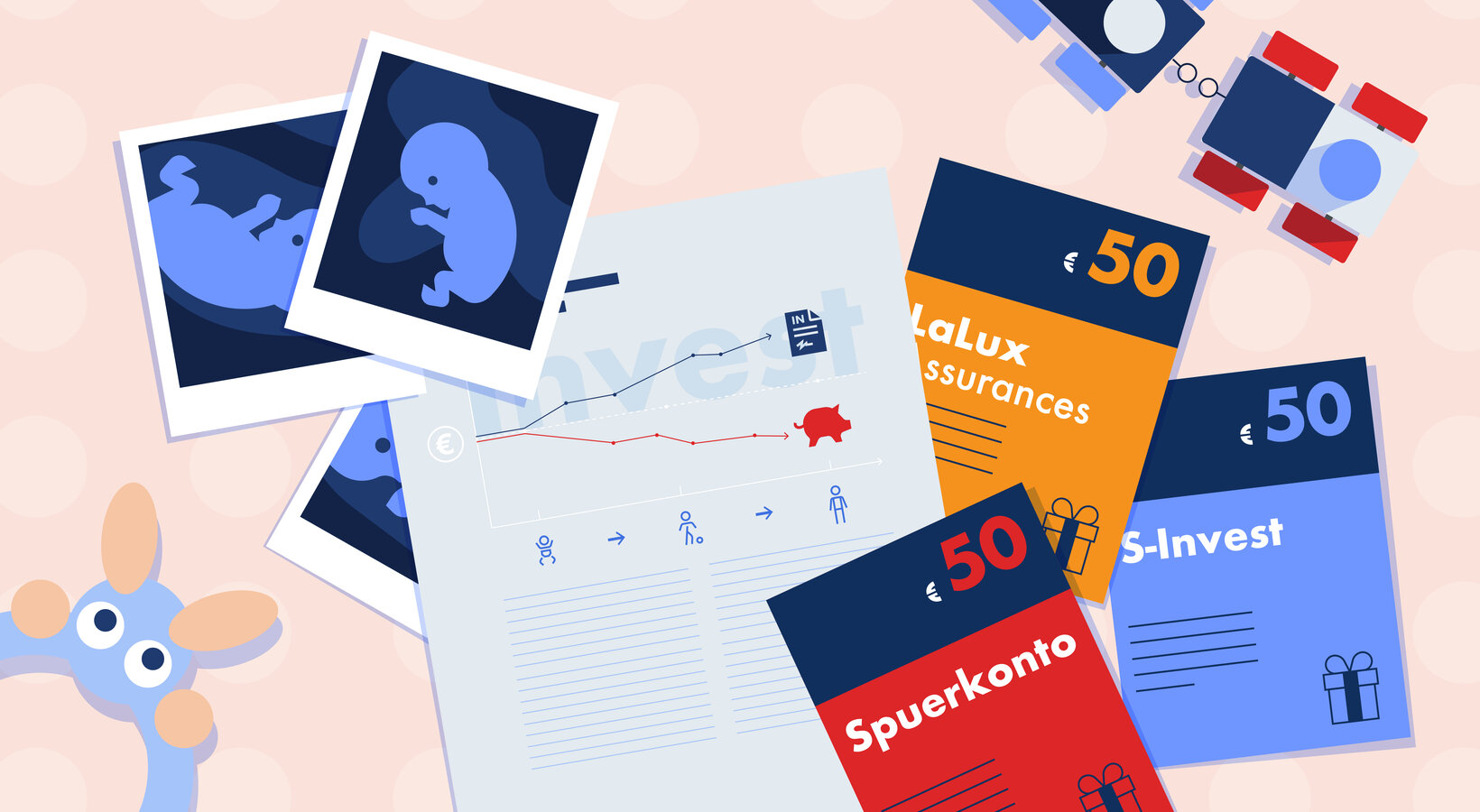




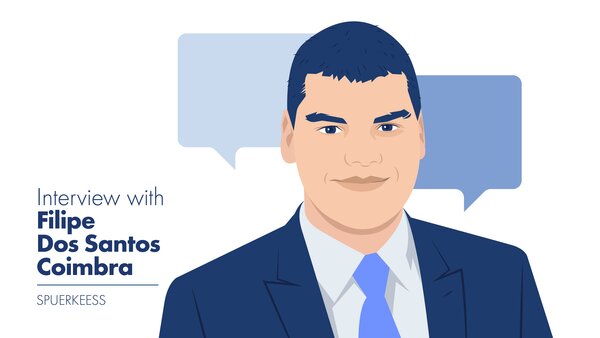
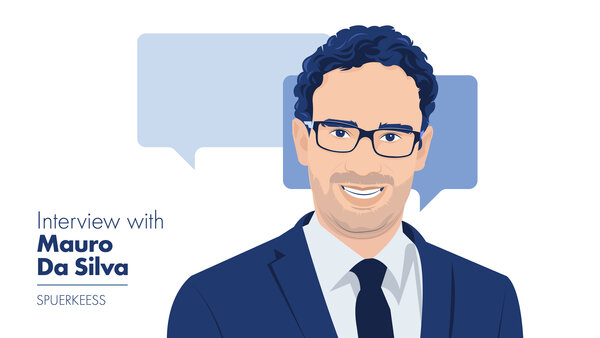
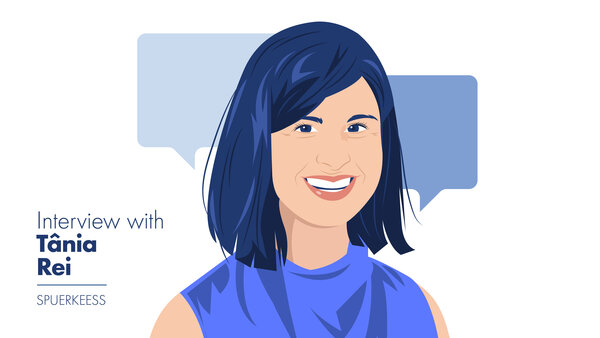
![[Translate to English:] [Translate to English:]](/fileadmin/_processed_/8/f/csm_272__FIN__Que_faire_apres_l_unif__01_0f17e00166.jpg)
![[Translate to English:] [Translate to English:]](/fileadmin/_processed_/d/2/csm_AideFi_Diplome_88d34755dd.png)
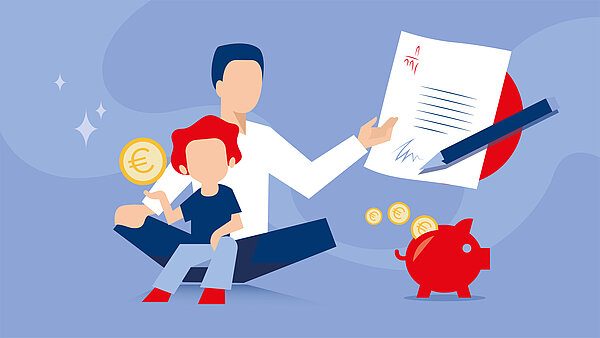
![[Translate to English:] Budget, well-being, Relaxed couple contemplating their finances](/fileadmin/_processed_/1/9/csm_311__FIN__Mon_budget_mon_bien-etre__1__d02469e82e.jpg)
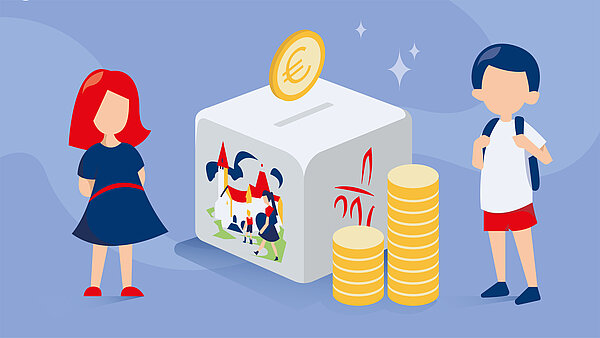
![[Translate to English:] [Translate to English:]](/fileadmin/_processed_/e/5/csm_parlons-argent-aux-enfants-289_95d8bb506a.jpg)
![[Translate to English:] [Translate to English:]](/fileadmin/_processed_/f/9/csm_270__Moyens_de_paiement_7cc660d547.jpg)
![[Translate to English:] [Translate to English:]](/fileadmin/_processed_/0/a/csm_ouvrir-compte-bancaire-bebe_252_4d9c98e78b.jpg)
![[Translate to English:] [Translate to English:]](/fileadmin/_processed_/d/c/csm_224__S_M__Pret_personnel_e3ab35169f.jpg)

